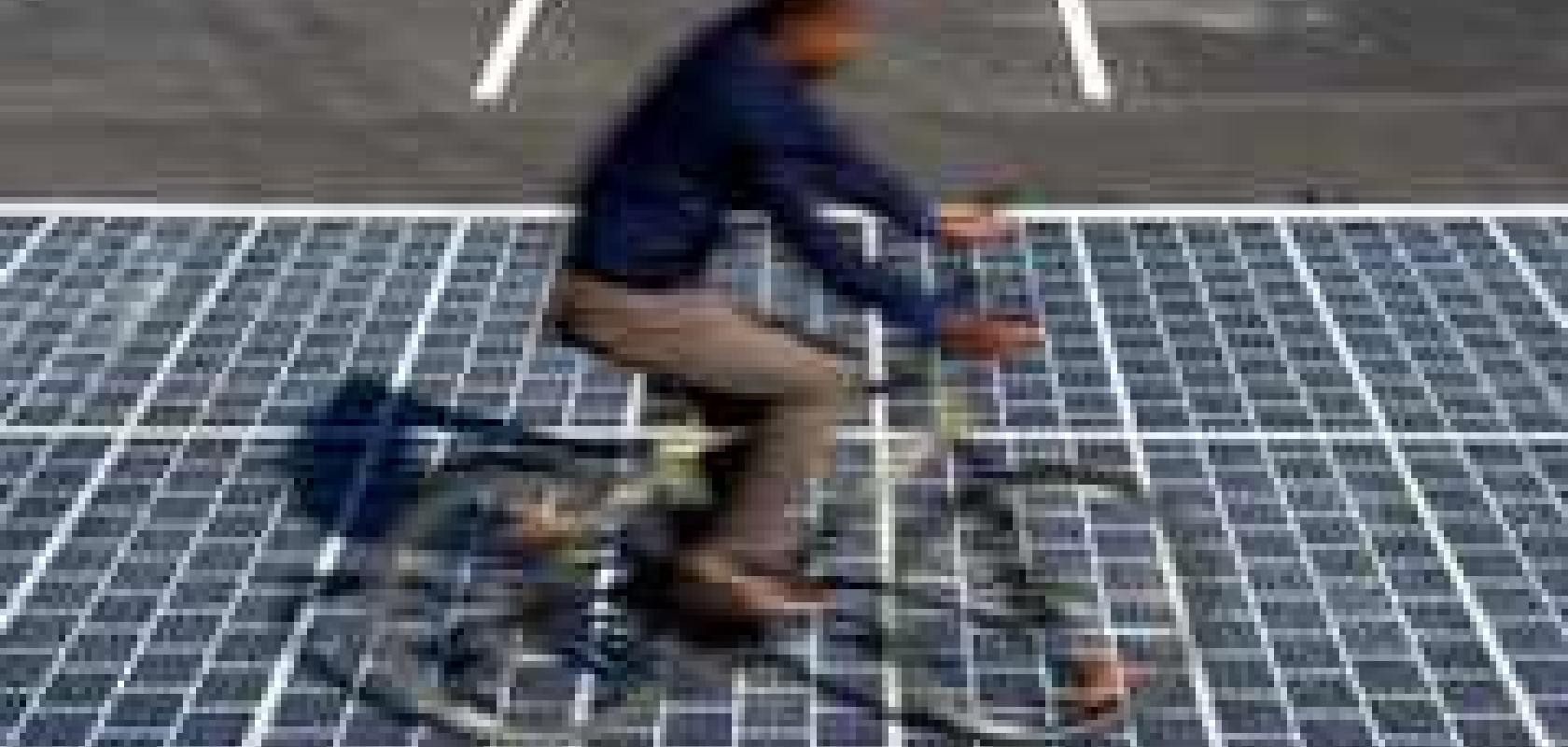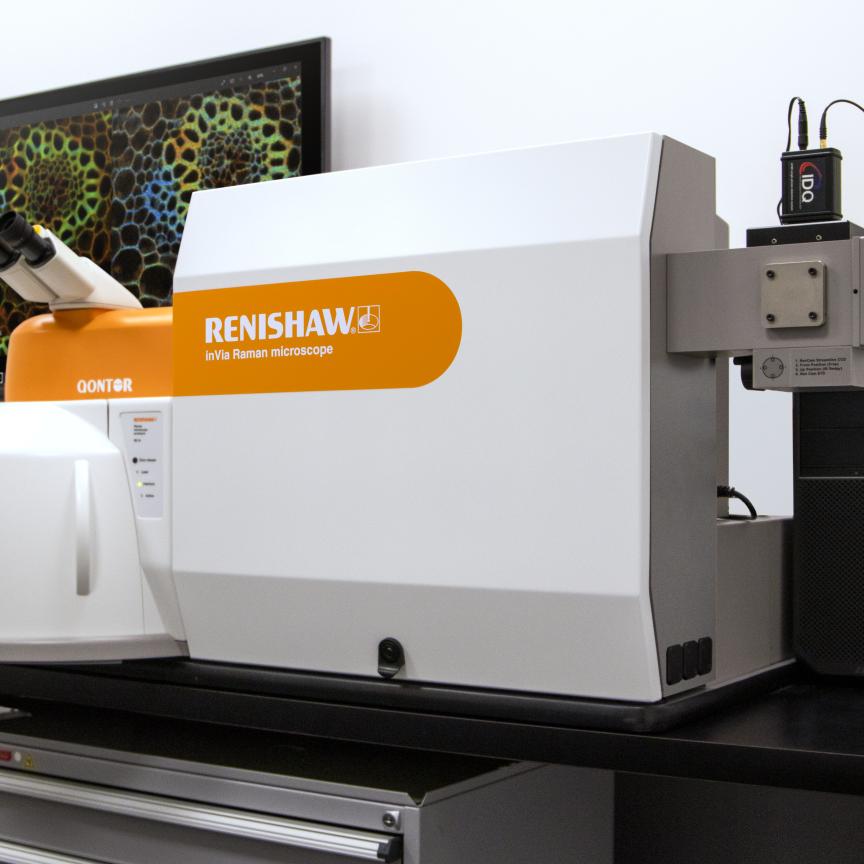France has announced plans to pave 1,000km of road with photovoltaic panels in the next five years. If successful, the programme could provide electricity to five million people – roughly eight per cent of the French population.
Speaking at a conference of transport authorities in January, France’s minister of ecology and energy, Ségolène Royal, said that tenders for the Positive Energy initiative had already been issued, and the testing of the panels would begin in the spring.
Solar roads will be able to provide power to street lights, signs, tramways, as well as housing. According to France’s Agency of Environment and Energy Management, just four metres of ‘solarised’ road is enough to supply one household’s electricity needs (excluding heating), and one kilometre is enough to power the street lights for a town of 5,000 inhabitants.
The ‘solarising’ of France’s roads involves sticking 7mm thick strips to the road’s surface.
The technology for this was created by Colas, a company involved in the construction and maintenance of transport infrastructure. The company’s Wattway panels were unveiled in October 2015 after five years of development.
The panels are comprised of photovoltaic cells embedded in a multilayer substrate. They collect solar energy via a thin film of polycrystalline silicon that enables the production of electricity. On the underside of the panels, there is a connection to a lateral module containing the electrical safety components.
The cells are also resistant to the passage of heavy goods vehicles - tests have shown that they can bear one million truck tyre passes without damage – and are skid-resistant. Wattway panels are installed directly onto the road, without the need for any additional civil engineering work.
Wattway panels have a 15 per cent solar panel efficiency, slightly lower than 18-19 per cent achieved by conventional photovoltaic panels.
France has proposed to contribute between €200 and €300 million for improvements in France’s transport infrastructure, and part of this will go to solarising roads. The government has also said it will pay for the initiative by raising taxes on petrol, which wouldn’t have a massive impact due to the falling cost of oil.
According to Colas, other technologies could potentially be added into Wattway panels in the future. For example, integrated sensors could provide real time information on traffic conditions, helping authorities manage traffic dynamically and allow the road to self-diagnose potential maintenance issues.
In addition, the company said it may one day be possible to charge electric vehicles using induction.
‘By making roads intelligent and able to communicate, Wattway offers a multitude of opportunities for development, in line with our partners’ needs,’ Colas said on its website.
Further information


